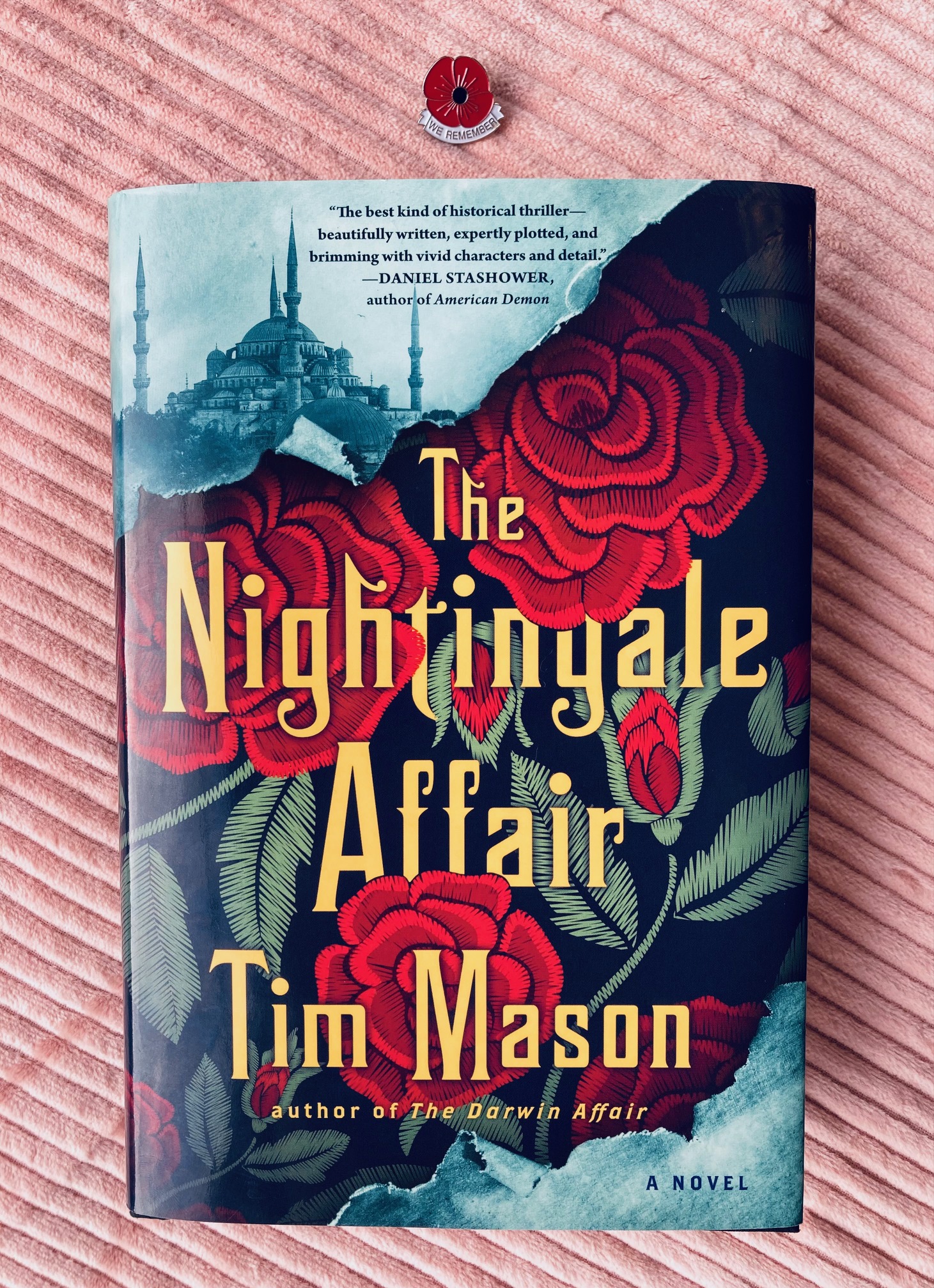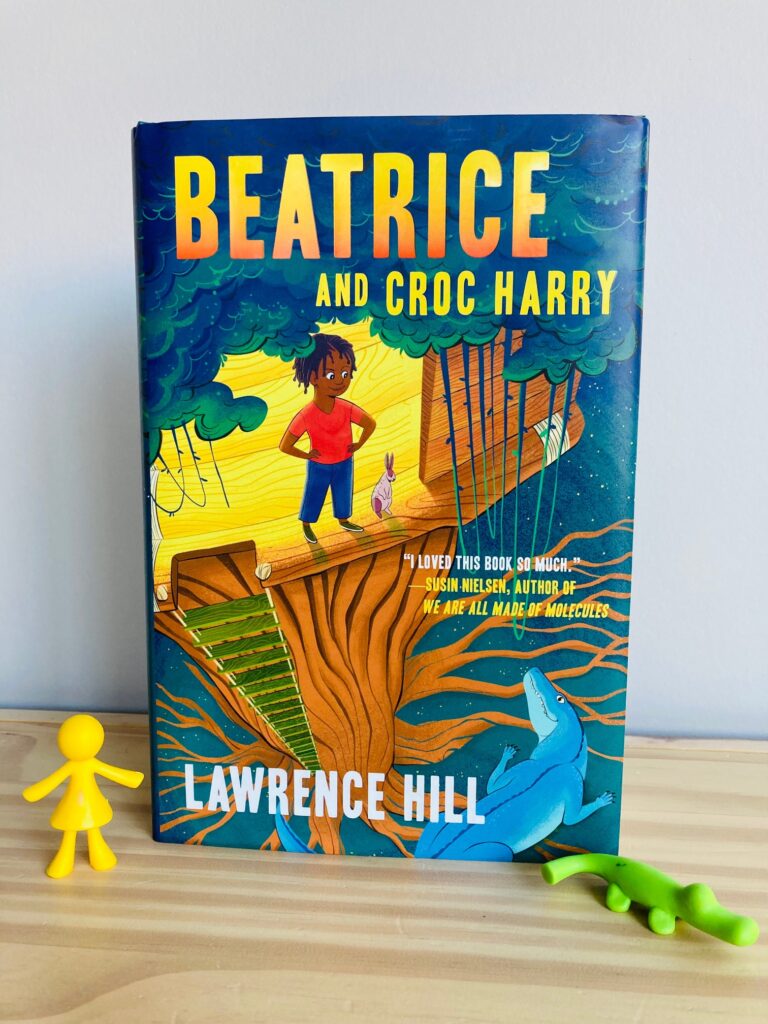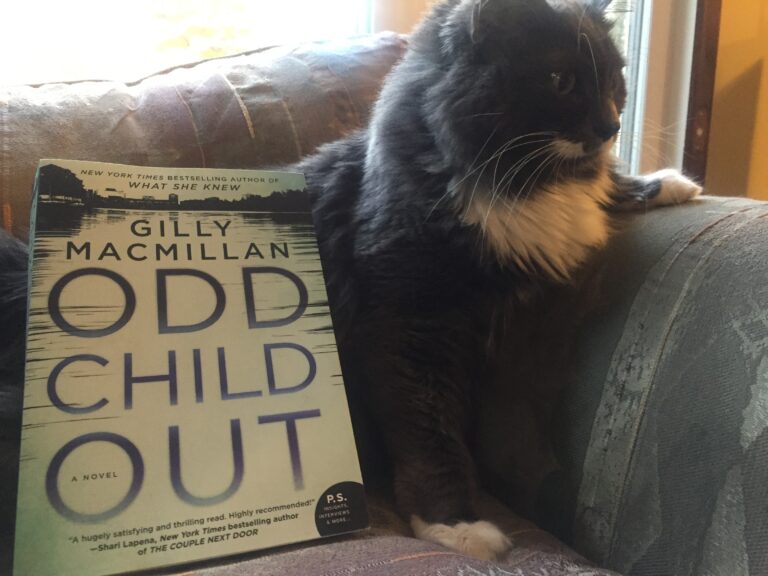Book Review: The Nightingale Affair by Tim Mason

The blurb depicting The Nightingale Affair by Tim Mason as a “Victorian detective thriller” is what influenced me the most, as I was in the mood to read a classic mystery after a few of the modern domestic thrillers I had been through recently. I was delighted by the moody puzzle of this book; the atmosphere, characterization and plotting all worked together beautifully, resulting in the perfect riddle that kept me engaged throughout its (almost) 400 pages. I wasn’t familiar with the protagonist Inspector Charles Field, who also stars in Mason’s last book, The Darwin Affair, but this lively detective is one I’m sure to follow into his next few books!
Plot Summary
It’s 1855 and the famous Florence Nightingale, nurse to the downtrodden, has traveled to Crimea to tend to the wounded soldiers there, mobilizing other British women to do the same. The existing male doctors there have not taken kindly to their female presence, and there is a general sense of discontent having these women around in ‘men’s business’. A rash of murders occurs, where women are found dead with a red poppy sewn against their lips. The perpetrator is supposedly found, but then 12 years later back in London, women are once again targeted by a madman and begin to show up dead with this strange calling card on their lips. Nightingale is terrorized by this strange re-appearance, and Inspector Charles Field begins to investigate. There are a few things working against Field, the most obvious being the fact that he is no longer a police officer, instead he is a hired private investigator, owing to a fall out that is referred to, (and likely mapped out) by the previous book in this series. Florence’s nurses are once again targets as the question of women getting the vote is raised by some lobbying the current government. The political backdrop of this book is just as exciting as the murder mystery playing at the forefront of its plot, so there’s lots to keep the reader interested.
My Thoughts
The blending of fact and fiction is very well done in this novel; I was able to learn a bit more about Florence Nightingale, her no-nonsense approach to things, her wealthy background and how people reacted to her at the time, but Mason really brought her to life as well. She never felt like a caricature of a famous person, and her involvement didn’t feel forced in this particular murder mystery because its not unbelievable that an independent woman of her stature would rankle men around her. Her determination to help others despite the obstacles she had to face is admirable, and from my perspective, deserves all the praise that’s heaped upon her, even nowadays.
From what I understand, Field is a fictional character, but he has other famous real-life friends in this book, including Charles Dickens, who apparently fashioned a character after Field which other characters in this book acknowledge when they meet Field for the first time. There’s also a brief appearance by mystery author Wilkie Collins, another mystery writer who I enjoyed reading back in university, also a friend of Field, which is a fun addition to a book for mystery readers. These factual figures don’t necessarily add anything to the plot, they’re just an entertaining stop along the way.
The pacing of the plot and slow reveal of clues is also well done. There is a general sense of darkness and unease throughout the book, as we hop from diseased and war-torn hospital sites to foggy London streets that aren’t safe after dark. When the strange murders start up again, women are told to stay indoors (of course they are!), but as it becomes clearer that women are often being manipulated by their male counterparts in this era, one begins to see the alternative benefits to these men when they know their wives are afraid to leave the house. It’s difficult to stage political protests when you’re afraid for your life, sitting at home in your parlour. Politics aside, although we find out who the killer is, the confrontation doesn’t happen until the very end, and when it does, its explosively dramatic, and a dangerous affair for those closest to Field.
I can’t find anything to complain about with this one – it was purely entertaining, and I learned a lot about a famous historical figure along the way, so an ideal read for many reasons. Lovers of classic detective fiction will no doubt agree, and I’m looking forward to the next in the series!





Sounds great! Florence Nightingale is such an interesting character – I always imagine she’d have been a bit like Margaret Thatcher, one of these tough ladies who didn’t suffer fools gladly, especially male fools! ;)
She is portrayed in a very positive light in this book – I hope it’s true that she’s tough, she no doubt had to be back then in nursing!
I can’t think of another book in which famous authors appear as fictional characters. Of course, my first thought was the movie Bill and Ted’s Excellent Adventure, lol.
haha nice movie for sure! I’ve read a few books with real characters, last year I read a book about a famous bookshop where lots of writers, including James Joyce made lots of appearances. It’s a fun little addition I think